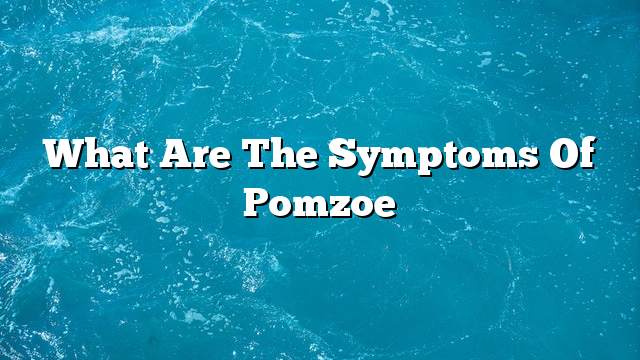The many and complex changes in the complex lifestyle, the many technological developments, and the resulting social problems in many parts of the world have led to the most stressful people who have been subjected to constant stressful pressures. The contemporary life of man has brought about the relaxation, tranquility and simplicity of our fathers and forefathers. Previously, this course had significant negative effects on human health of both sexes, and perhaps the first member of the human body to interact with these stresses is the digestive system.
Pomzoe’s disease (irritable bowel syndrome)
Recently, the disease of Pomzoy or known as the nervous colon among a large segment of the world’s population, has become very common and mean the disease is a defect in the function of the digestive colon as a result of exposure to nervous pressure, resulting in temporary or chronic disruption of the work of the muscles of the digestive system, The disturbing health effects that turn human life upside down, but they do not cause serious problems, except for a range of symptoms that may hinder the person from pursuing his daily activities efficiently and comfortably.
Symptoms of Pomzoe Disease
- Dyspepsia and irregular stool out on a daily basis and the intestinal state fluctuates between constipation and diarrhea with repeated desire to defecate.
- Excess mucus with defecation.
- Frequent bloating and gases.
- Feeling incomplete defecation after getting out of the bathroom.
- Mood disorder, feeling depressed, anxious, and uncomfortable, sometimes acting nervously.
- Multiple abdominal pains with colic in different parts of the digestive system.
- Exits high sounds from the abdomen heard by the patient and around him sometimes.
- Morning diarrhea or immediately after food.
- Intestinal cramps with sensitivity of certain foods.
- High gastric acidity with occasional esophageal reflux.
- Feeling suffocation and self-restraint.
- A white phlegm in the mouth causes vomiting.
- Pulse feeling higher stomach.
- Difficulty in removing waste from the anus.
- Feeling suffocation after inhaling some smells.
Methods of Treatment
- Stay away from sources of stress, anxiety, and nervousness as they are the main cause of this disease.
- Avoid hot foods that contain spices, chives, or salted pickles.
- Stay away from drinking lemon and heavy tea.
- Take some useful herbs such as mint, coriander, anise, chamomile, and ring.
- Eat plenty of vegetables and fruits such as watermelon, watermelon, mallow, grapes, watercress, and wheat bread.
- Regular exercise, especially walking.
- Some medications are prescribed as a doctor, such as anti-contractions, some digestive enzymes, and sedative drugs for the intestinal tract.
